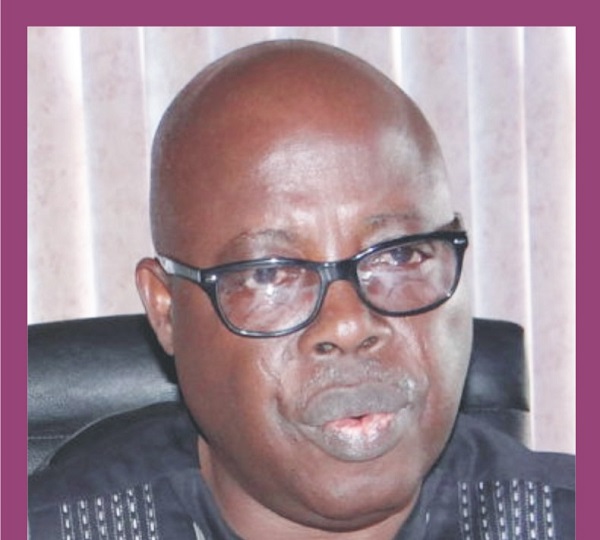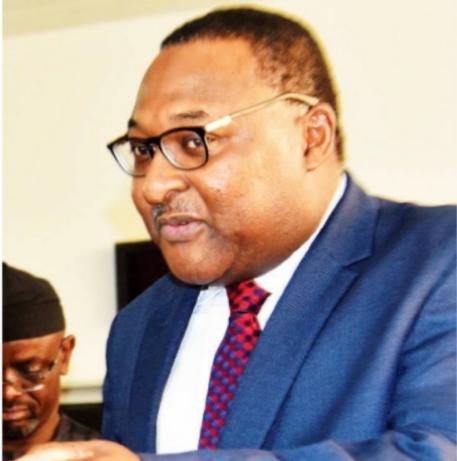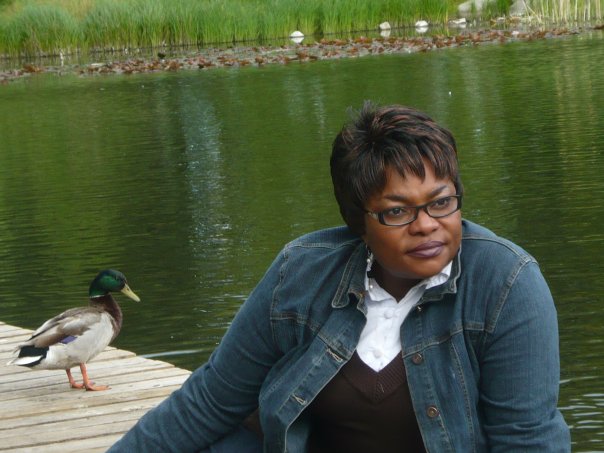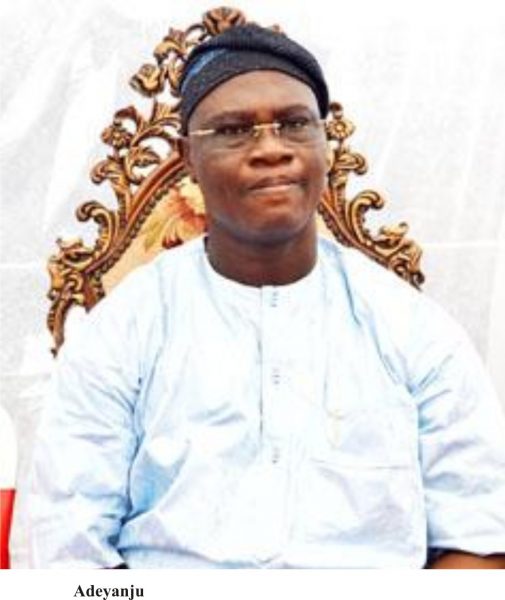WiLAT Emerged After Global Forum With 300 Men, 3 Women – Aisha
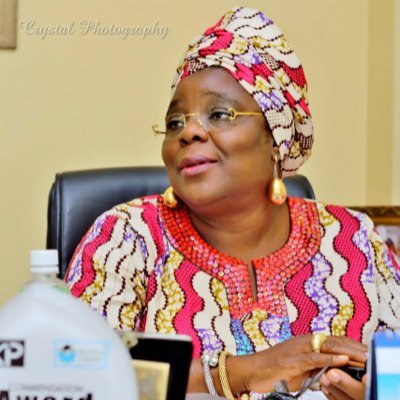
By Kenneth Jukpor
Hajia Aisha Ali-Ibrahim is the Founder of Women in Logistics and Transport (WiLAT). She visited the MMS International Image Centre recently and granted this interview revealing the circumstances that led to the birth of the association ‘WiLAT’. She appraised the contribution of women in the transport sector, giving prediction on the impact of women in the future.
Aisha also shared intriguing details about the personality of Late Mrs. Promise Anaroke. Promise was the wife of the CEO, Kings Communications Limited, publishers of MMS Plus newspaper.
Excerpts:
What memories do you have of Late Mrs. Promise Anaroke?
Promise was a woman of many parts, kind hearted, hard working and always willing to carry other peoples cross. I met her when WiLAT was founded here in Nigeria in 2010 and since then, she became a family member to me. I’m here because of that personal relationship which now evolved from our association as members of WILAT.
She was very charming and humble. She gave everybody their due respect and there was never a dull moment with her. She is an irreplaceable gem and someone whom women in this industry and also her community in Enugu State. Her absence will really tell on a lot of people.
I pray that her husband will be able to bear because we all know how the two of them were like twins. Promise and Kingsley were two in one and we pray that God will give him the fortitude to bear the loss.
As founder of WILAT and one who has also led the way for women in the maritime industry, how significant is this year’s International Maritime Organization (IMO) theme which is focused on celebrating women and empowering women in the maritime industry. What does this mean for Nigerian women and how can they take advantage of opportunities in the maritime sector?
We all know that the maritime sector has been male dominated over the years. Hence, IMO observed the need to correct this with the agenda on the 2019 theme. It is a theme that women welcome and we all want to leverage on.
Right now, we have so many groups in the maritime sector. Here in Nigeria, we have Women’s International Shipping and Trading Association (WISTA) Nigeria, Women in Logistics and Transport (WiLAT), African Women in Maritime (WIMAFRICA) and the Nigerian chapter. WILAT is like an umbrella which encompasses the transportation modes. All these associations work in synergy because we appreciate that it’s all for the common goal which is the empowerment of women.
We want to attack that singular issue of empowering women from all angles. We don’t believe that the associations are even enough because we don’t want to leave any stone unturned. We have women in aviation and other women groups and we need all of them. Some people will ask why we have so many and they have told us to collapse into one. No! The more associations, the better; as long as we work in synergy and this is what we are doing at the moment.
At WiLAT, we have our strategic thrust of leadership. We try to groom women in the sector in the area of leadership, entrepreneurship, we mentor women. We also try to take on Corporate Social Responsibility (CSR) projects. We give out bicycles to women to aid their mobility. At the recent WiLAT-Day, we presented wheel chairs to the disabled in Abuja. We also empower and sponsor students.
I believe that with all these groups in place, women through these organized institutions will benefit a lot. Thank God we now have not only one voice but multiple voices and you have different groups saying it differently from different angles with one goal to empower women. Women are showing up across various sub-sectors and people know about us through these groups.
Everybody knows that women are in the transport sector and are struggling and working hard. We don’t believe that we lobby for positions; we believe that we can get it. We believe that we can earn it through our hard work. All we are asking for is equal opportunities where we can be allowed to operate and show our talent and capabilities. In circumstances we are looked at as women and deprived opportunities we deserve on merit, we want to say no. We are not fighting the men, we are only asking them to accommodate and support us to bring out the best in women. We don’t just want to lobby, we work hard, and get what we want.
Over the years, we have seen WiLAT blossom not just in Nigeria but across several other countries. If you take a peek into the next ten years, what do you see in terms of the impact of women across the globe, Africa, and in Nigeria?
WiLAT started in 2010 here in Nigeria and we have gone global. We are now in about 22 countries across the world. We only started from the Chartered Institute of Logistics and Transport (CILT) which actually can be seen as the father of WiLAT because we operate under the Institute.
In 2010, when I attended a conference in Malta, I noticed that we were just three women and over 300 men; that was where I made that observation. I stood up to say “if you say this is a professional body, where are the women?”
I remember there was a lady from Ghana, a lady from Hong Kong and myself. The fourth lady actually came to present a paper. She wasn’t a member of CILT. The president at the time, who is late now, told everyone to go back to his or her country and see how they could encourage women. He noted that diversity will be a tool to increase membership and that was how I came back to Nigeria and got the women together from all the various modes of transportation
On the 12th of June 2010, we started WiLAT. Today, if you attend the international conference, you will see that women occupy almost 50% of the participation. We are well represented. Here in Nigeria, if you go to CILT conferences or programmes, you would be encouraged by the number of women you have there.
Another thing that motivated me more was when I came to Nigeria was that I was elected as the female representative in Council of CILT. I demanded for the list of women in that Institute. I was shocked that we couldn’t get a list of all the women that were members of the Institute. I told myself that I couldn’t represent a group of people who were women when we didn’t have a list of women who we could identify as members. I could only be a female representative when I had a constituency but I didn’t have this constituency. Since I didn’t have one, I started building that. The idea was that we wanted to have more women participating everywhere, more women entrepreneurs. As it is today, we are still relatively few in the industry.
In 10 years time, we shouldn’t be talking about what we are talking about now because people would have known that the women have become part of the system and the women would have an authoritative voice. That in itself, would bring about development.
When you leave out 50% for example, of a particular gender in appointment, then you know we are now going to have optimal contribution. In 10 years time, women will be more visible, women would have been more productive because of these empowerment activities everywhere. We will add value to the economy. Nationally and globally, logistics and transport will experience a boom because of the increasing roles that women would play.



